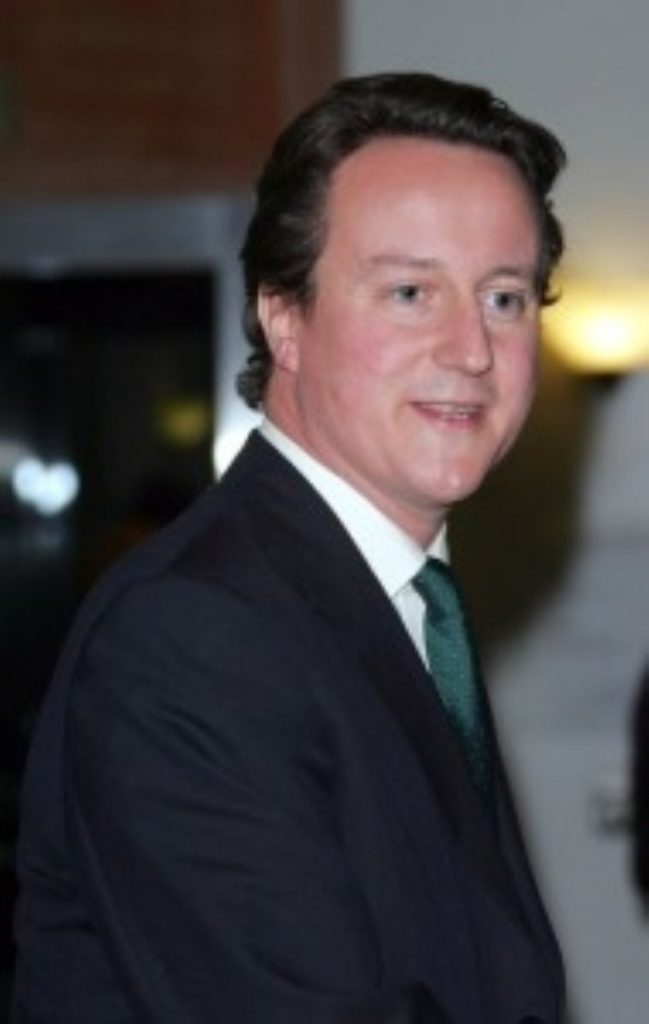Cameron: Swap ID cards for border police
The Conservatives have unveiled plans to create a dedicated border police force in the UK.
If elected, the Tories would cancel the government’s ID card scheme and use the money to establish a single organisation to police the nation’s “porous” borders.
David Cameron outlined the proposal at a visit to Wapping police station in east London.
Accompanied by shadow home secretary David Davis, he claimed that ID cards would “waste” up to £20 billion without securing borders and should instead be replaced by an integrated border police force.


“Right now, our society is not properly defended against the drug dealers, people smugglers, gun importers and terrorists who find it all too easy to bypass the current system,” Mr Cameron said.
He argued: “Any country that is serious about its security must have properly policed borders. We’re an island. It should be easier for us than it is for most countries.
“But under Labour, we don’t know who’s coming in or who’s going out. That is unacceptable and that why today we’re announcing plans for the development of a dedicated border police.”
Mr Cameron confirmed that former Metropolitan police commissioner Lord Stevens will be appointed to lead the Conservatives’ proposals for a border police force.
Lord Stevens argued that it is “essential” Britain has secure borders, and “one element of that must be a dedicated and effective border police force”.
Labour has attacked the plans as “posture” politics, pointing out that there is no “magic pot of cash” for ID cards in the Home Office, meaning new taxes would be necessary to fund the plans.
Immigration minister Liam Byrne labelled the policy “posture politics backed up by fantasy finances”.
He criticised the Tory’s plans to cancel ID cards, claiming that this would “prevent us stopping illegal journeys and tackling illegal jobs” and well as leaving the country “defenceless against illegal migration”.
The minister insisted that the UK’s borders are secure, explaining that border agencies already work together, such as through the Serious and Organise Crime Agency and UK human trafficking centre.
Mr Byrne said: “Our approach has increased the numbers doing the job, given them the new powers they need, and encouraging them to work together successfully in joint teams – without going through the cost and distraction of changing cap badges.”









